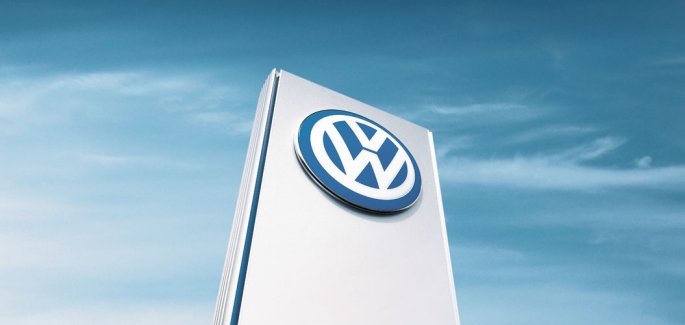VW Group joins CO2 refrigerant push
- PostedPublished 26 March 2015
VOLKSWAGEN Group has joined Mercedes-Benz parent company Daimler in officially confirming it is working on production vehicle air conditioning systems using CO2 as refrigerant.
In addition to the iconic VW passenger car and commercial vehicle brand, the German giant owns Audi, Bentley, Bugatti, Seat, Skoda, Lamborghini and Porsche plus the Ducati motorcycle brand and Scania and MAN trucks.
The CO2 refrigerant decision is a hugely significant move for our industry as last year Volkswagen Group was the world’s second largest automaker by sales volume.
Volkswagen Group sold 10.14 million vehicles in 2014, not far behind market leader Toyota’s 10.23 million and ahead of General Motors’ 9.92 million.

Official press release below, more details to come.
Following up on the announcement of its ambitious environmental goals, the Volkswagen Group is taking another important step towards sustainability and environmental protection by choosing CO2 as the future refrigerant for its air conditioning systems.
Just a few days ago – at the Geneva International Motor Show – the Volkswagen Group affirmed its goal of becoming the world’s most environmentally sustainable carmaker by 2018. To achieve this goal, the Group is investing over two-thirds of its total investment capital in the development of efficient technologies, drive systems and vehicles, as well as in environmentally sustainable production.
In another systematic step towards protecting the climate and the environment, the Volkswagen Group is now announcing its entry into CO2 technology, which will be rolled out progressively over its entire vehicle fleet.
Entry into CO2 technology will further contribute towards climate protection. CO2 (carbon dioxide) as a refrigerant – also known as R744 – is a naturally occurring gas with significantly lower greenhouse gas effects than conventional refrigerants, and it is ideal for use in specially designed automotive air conditioning systems. With a GWP (Global Warming Potential) value of 1, it is 99.3 per cent below the EU specified GWP limit of 150.
- CategoriesIn Latest News


